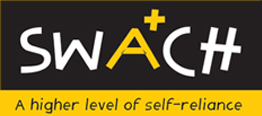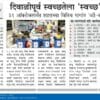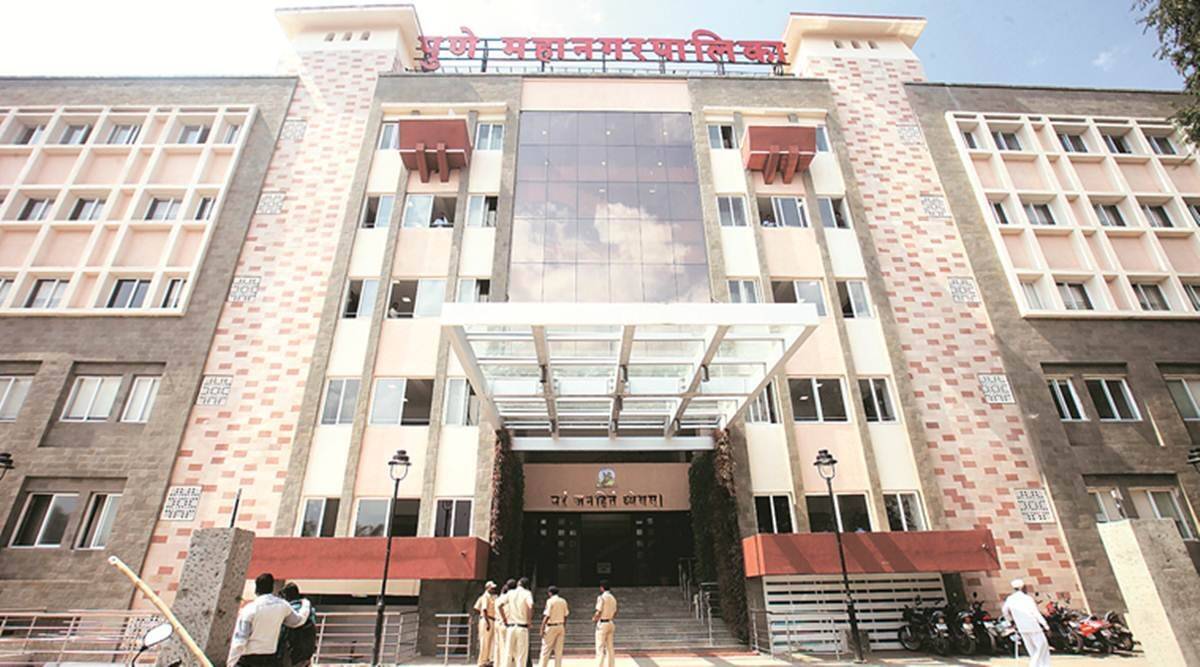SWaCH History
Formation of KKPKP: In 1993, waste pickers and itinerant waste buyers in Pune and Pimpri Chinchwad came together to form Kagad Kach Patra Kashtakari Panchayat (KKPKP), a membership-based trade union.
The union aimed to establish and assert waste pickers’ contribution to the environment, their status as workers and their crucial role in the Solid Waste Management (SWM) of the city. Today, KKPKP has 9000 plus members, 80 per cent of whom are women from socially backward and marginalised castes. Each member pays an annual fee to the organization and an equal amount towards their life insurance cover. Members are given I-cards that are endorsed by the PMC, and can avail of other benefits like interest-free loans and educational support for their children.
One of the most important contributions made by KKPKP, which helped make the case for granting waste pickers their rights and dues, was the quantification of waste pickers’ contribution to SWM (Case Study). This study clearly established that the recovery operations carried out by waste pickers actually saved the Pune and Pimpri Chinchwad Municipal Corporations several crores of rupees in waste handling costs.
KKPKP further pushed for better working conditions for the waste pickers and for the protection of rights of waste pickers through representations to the government. Most importantly, KKPKP called for the integration of waste pickers in the waste collection/disposal system, at the point of waste generation itself – that is, giving them access to waste where it is generated, whether in homes, offices or businesses. All these demands are part of various government reports and documentation.
Formation of SWaCH : In 2000, the new MSW laws and rules were passed, which required segregation of waste, door to door waste collection, and waste processing instead of dumping. (MSW_rules_2000). There was also a push towards reducing containers on the street and making the city ‘container-free’, ostensibly in the name of more sanitary conditions and cleanliness.
KKPKP seized this opportunity to improve the working conditions of waste pickers. In 2005, KKPKP launched a pilot programme in collaboration with the PMC, where waste pickers were integrated in door-to-door waste collection (DTDC) work. This paved the way for the formal institution, SWaCH, a wholly-owned workers’ cooperative as a Pro-poor Public Private Partnership to undertake such work. The SWaCH DTDC model was based on recovery of user fees from service users and provision of infrastructure and management support from the municipality which was also to play an enabling role.
SWaCH becomes operational : The pilot scheme implemented in collaboration with the Department of Adult Education, SNDT Women’s University, was operational in 2006/2008 and enabled 1500 waste pickers to become service providers for the door-to-door collection of waste from 1,25,000 households in Pune city.
This considerably improved their conditions of work and upgraded their livelihoods, effectively bridging the gap between households and the municipal waste collection service. The initiative brought together two interests – the waste pickers’ interest in upgrading their livelihood and the municipality’s interest in sustainable SWM.
In 2008, the doorstep collection work got institutionalised under the aegis of SWaCH which was specifically registered for this purpose. With time, SWaCH diversified into verticals as well as extended its service delivery to another city.
Today, apart from SWaCH PMC, there is also SWaCH Plus. SWaCH Plus includes all the livelihood upgradation and income enhancement activities with respect to waste management, that go beyond door to door collection, such as V-Collect events where citizens can dispose of their unused household items/clothes; composting; e-waste collecting and disposing through the correct channels; making and selling ST Dispo bags; awareness raising events, etc.





